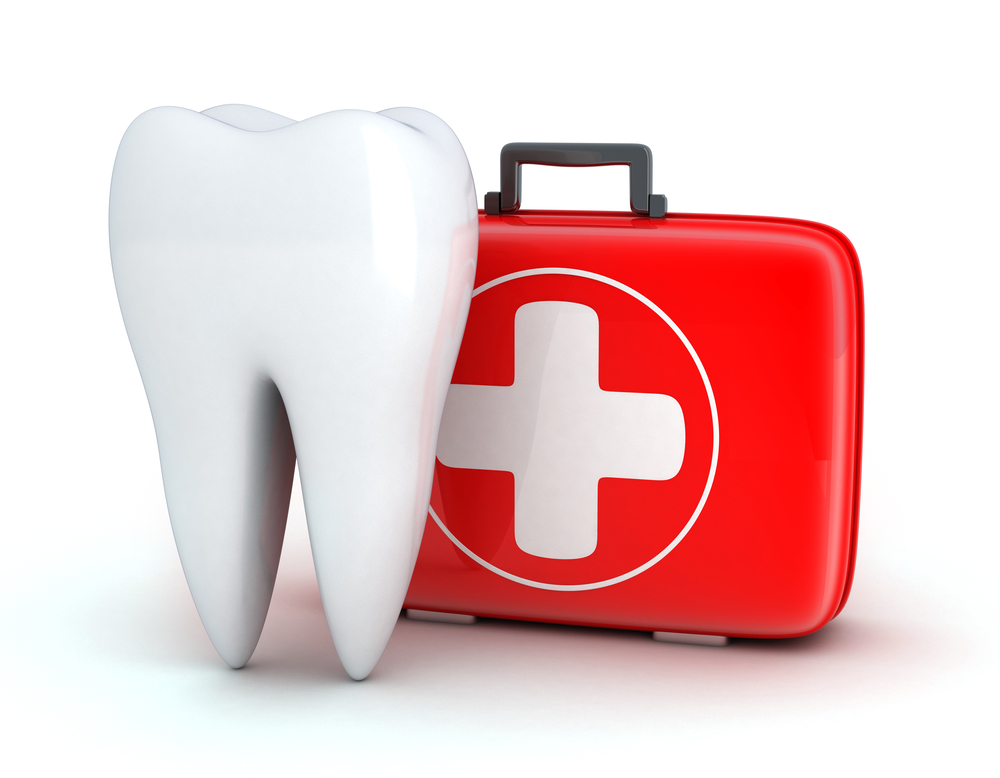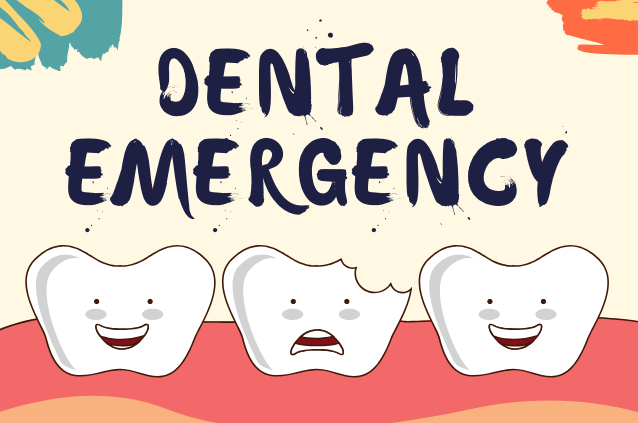Urgent Care You Can Trust: Emergency Dental Edmonton Options Available
Urgent Care You Can Trust: Emergency Dental Edmonton Options Available
Blog Article
Emergency Situation Dental Care: Quick Relief for Tooth Discomfort and Accidents
Emergency situation oral treatment is a vital component of preserving dental health, especially when unanticipated incidents occur or extreme pain emerges. Comprehending the signs that demand immediate attention can dramatically influence outcomes, stopping more complications. From acute toothaches to distressing injuries, recognizing the urgency of these situations is critical. However, many individuals remain unsure concerning the particular situations that necessitate prompt treatment. This obscurity often results in hold-ups in looking for help, which can worsen the concern handy. Discovering the usual kinds of dental emergencies and the ideal responses is necessary for informed decision-making during these defining moments.
Understanding Dental Emergencies
Dental emergency situations often arise without caution, demanding punctual interest to minimize discomfort and avoid further issues. Recognizing the nature of dental emergencies is essential for both people and medical care companies to ensure reliable management. These circumstances can range from acute pain and trauma to infections that call for immediate intervention.
One secret element of dental emergencies is identifying the indicators that need urgent treatment. Signs and symptoms such as extreme toothaches, swelling, or blood loss can suggest underlying problems that, if left without treatment, may cause severe illness. Additionally, trauma to the mouth, whether from sporting activities injuries or accidents, can cause damage to teeth and surrounding tissues, demanding quick analysis and treatment.
Comprehending the seriousness and prospective consequences of dental emergency situations equips individuals to make enlightened decisions, inevitably leading to far better results and boosted oral wellness (emergency dentist edmonton). By prioritizing punctual focus to oral crises, individuals can lessen discomfort and safeguard their overall health.
Common Sorts Of Dental Emergency Situations
Running into various sorts of oral emergencies needs a thorough understanding of the problems that necessitate immediate treatment. Usual oral emergency situations can substantially affect a person's dental wellness and overall well-being.
Severe pain typically shows a hidden concern that needs prompt intervention. One more common emergency situation is a broken or cracked tooth, usually triggered by injury or extreme pressure.
Knocked-out teeth stand for a critical emergency situation, where immediate action is important for prospective reimplantation. Preservation of the tooth in an ideal tool, such as milk or saline, is vital while looking for expert help.
Furthermore, oral abscesses, characterized by localized infection, present as swelling and pain. These require immediate therapy to prevent the spread of infection.
Lastly, soft tissue injuries, including cuts or lacerations to the gum tissues, cheeks, or tongue, can also demand emergency situation care. Addressing these problems quickly is vital in alleviating problems and ensuring optimal oral health and wellness.
When to Look For Immediate Care

Accidents leading to oral injury-- such as a knocked-out tooth, fractured or chipped teeth, or injuries to the gum tissues-- need instant treatment (emergency dentist edmonton). In the instance of a knocked-out tooth, time is of the significance; it needs to be reinserted or kept in milk or saline and taken to the dental expert within an hour for the best chance of successful reattachment
In addition, my site prolonged bleeding from the mouth or any oral lacerations that do not quit may represent a much more significant condition calling for instant intervention. Dental swelling, particularly if it impacts breathing or ingesting, is an additional red flag. Generally, if you experience any abrupt adjustments in your oral health and wellness or physical pain that rises rapidly, look for instant oral like mitigate potential complications and guarantee your health.
Handling Pain at Home
Reliable monitoring of dental pain at home can considerably ease pain while waiting for professional treatment. Numerous methods can be used to address pain and reduce swelling efficiently.
Using a cold compress to the exterior of the cheek can also assist numb the area and reduce swelling. This technique is particularly effective within the first 24 hours following an injury or onset of pain.
In addition, preserving dental hygiene is crucial. Delicately rinsing the mouth with warm seawater can aid clean the afflicted location and decrease irritation. Clove oil, recognized for its natural analgesic residential properties, can be used moderately to the periodontal location making use of a cotton ball for localized alleviation.
Avoiding certain foods-- such as those that are hard, crispy, or cold or very warm-- can stop worsening of pain. Finally, guaranteeing ample hydration and remainder will my response sustain total healing while waiting for expert oral treatment. These natural home remedy can give a substantial level of alleviation up until a dentist can be gotten in touch with.

What to Anticipate at the Dental Professional
A browse through to the dentist can usually be a resource of anxiousness, but understanding what to expect can reduce issues and promote a smoother experience. Upon arrival, you will normally sign in at the reception, where you may require to complete kinds regarding your medical background and dental concerns. Following this, a dental aide will certainly lead you to the examination room and take necessary radiographs, if appropriate.
Once resolved, the dentist will certainly perform a thorough examination of your teeth and gum tissues. If you are experiencing discomfort or pain, make certain to communicate this clearly, as it will aid the dental practitioner tailor the evaluation to your requirements. Relying on the searchings for, they may advise therapies, which could entail loading cavities, performing extractions, or other treatments.
Throughout any type of therapy, anticipate to obtain local anesthesia to lessen pain. The dental expert will certainly describe each action of the procedure, guaranteeing you feel educated and comfy. After the treatment, the dental team will certainly supply aftercare directions to assist handle your healing successfully. Bear in mind, open communication with your dental professional article is essential to making certain a positive experience and attaining optimal dental health.
Final Thought
In final thought, emergency oral treatment plays an essential function in reducing tooth pain and attending to immediate oral concerns. People are urged to familiarize themselves with reliable pain management approaches at home, while additionally being prepared for the treatments that might be taken on by oral specialists throughout emergencies.
Emergency situation dental treatment is a crucial element of preserving dental health, especially when unanticipated events happen or serious discomfort emerges.Dental emergency situations often occur without caution, requiring prompt interest to minimize pain and stop more problems.In verdict, emergency situation oral treatment plays a vital function in minimizing tooth discomfort and resolving immediate dental issues. Identifying the indications of oral emergencies and recognizing when to seek immediate treatment can dramatically influence oral wellness results. People are encouraged to familiarize themselves with reliable pain administration strategies at home, while also being prepared for the treatments that might be taken on by oral professionals throughout emergency situations.
Report this page